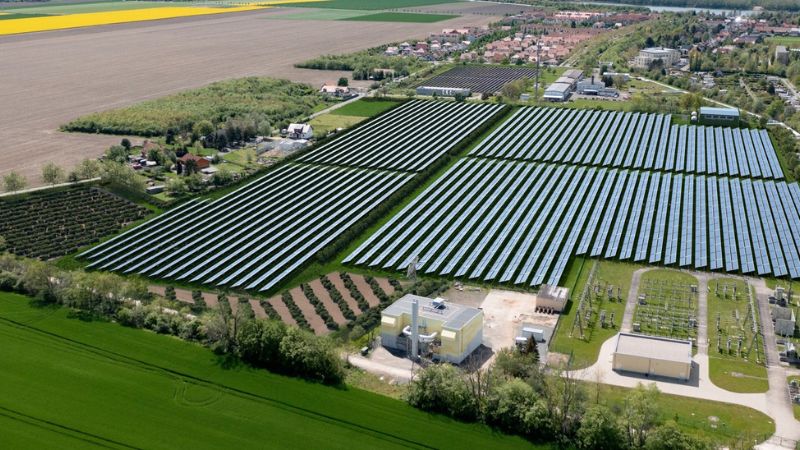In an effort to support sustainable urban development through digitalization, the German Federal Government has launched a funding program for Smart Cities model projects. One such project is Connected Urban Twins (CUT). Hamburg, Munich, and Leipzig have teamed up to work on the CUT project, which aims to advance the development of urban digital twins over a five-year period. With over 30 million euros in funding from the Federal Ministry of Housing, Urban Development and Building (BMWSB), CUT has the potential to revolutionize the way cities are planned and managed.
Urban Data Platforms and Digital Twins Established in Leipzig
The goal of CUT is the joint further development of digital twins for cities and municipalities using, municipal digital data for innovative urban development and citizen participation. In addition, the interdisciplinary project team is creating common standards that can be applied in metropolitan regions and other cities in the future. Digital 3D city models of many German cities already exist today. They serve primarily to visualize urban structures. However, urban digital twins go even further: The idea is to enable the city government and other stakeholders in the city to make better-informed decisions by using real-time data and analysis.
Simulation of “what-if” scenarios
A city is a dynamic and complex system that is constantly evolving. By using real-time data, Digital Twins can track and map these changes, allowing them to keep up with the city's ongoing development. This means that Urban Digital Twins are not only useful for visualizations, but also for simulating "what-if" scenarios. This capability enables city planners and decision-makers to evaluate different options and potential outcomes before implementing changes in the real world.
The development of a Digital Twin, based on the Urban Data Platform of the City of Leipzig, provides a uniform and standardized data basis city-wide. To create Urban Digital Twins, it's necessary to collect urban data and store it on a central platform. This data can encompass a wide range of information, such as current traffic conditions, energy consumption in public buildings, air quality and much more. Real-time data collected by sensors, such as the occupancy status of electric charging stations, can also be included. The Urban Data Platform thus provides a comprehensive and up-to-date view of the city, allowing decision-makers to base their choices on a solid understanding of the urban environment.
Innovative use cases in urban development
The Connected Urban Twins Leipzig project is centered around creating functional systems that can be leveraged by innovative applications to improve sustainable and resource-conserving urban development. Moreover, the project has a goal of promoting transparent participation by the urban community. Having a digital twin allows the community to understand the city's multi-layered processes and decision-making.
Leipzig's use cases for the Urban Data Platform in the project are focused on addressing urban challenges such as mobility, air pollution control, and land management. By leveraging the digital twin model, the city can better understand the impact of different urban planning scenarios and evaluate the effectiveness of policies related to these challenges. The project is part of a larger effort to promote sustainable and resource-conserving urban development and improve the quality of life for the city's residents.
CUT Academy Access FOR ALL
Along with the introduction of new digital methods and formats, there is also enormous demand for knowledge acquisition and transfer. These digital applications cannot function independently as standalone solutions. In order to fully leverage their potential, the CUT project focuses on building competencies, acquiring knowledge, and sharing it with relevant stakeholders in partner cities and beyond. Additionally, a CUT Academy was created, where interested citizens can get exciting insights and further explanations on the topic of urban platform and digital twins.












/White%20Versions/stadt_leipzig_white.png?width=130&name=stadt_leipzig_white.png)
/White%20Versions/sachsen_signet_white.png?width=90&name=sachsen_signet_white.png)